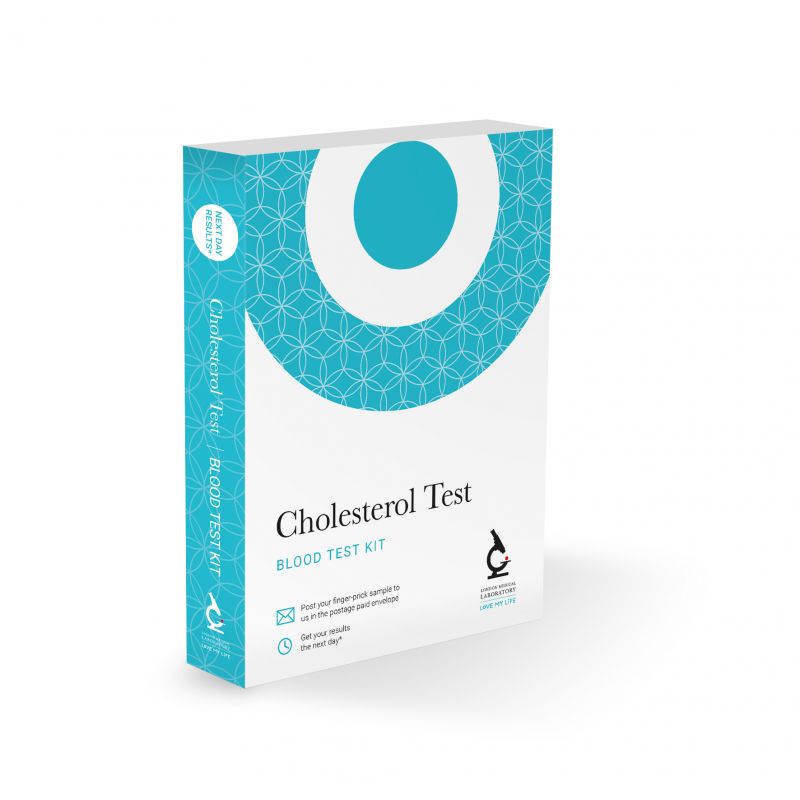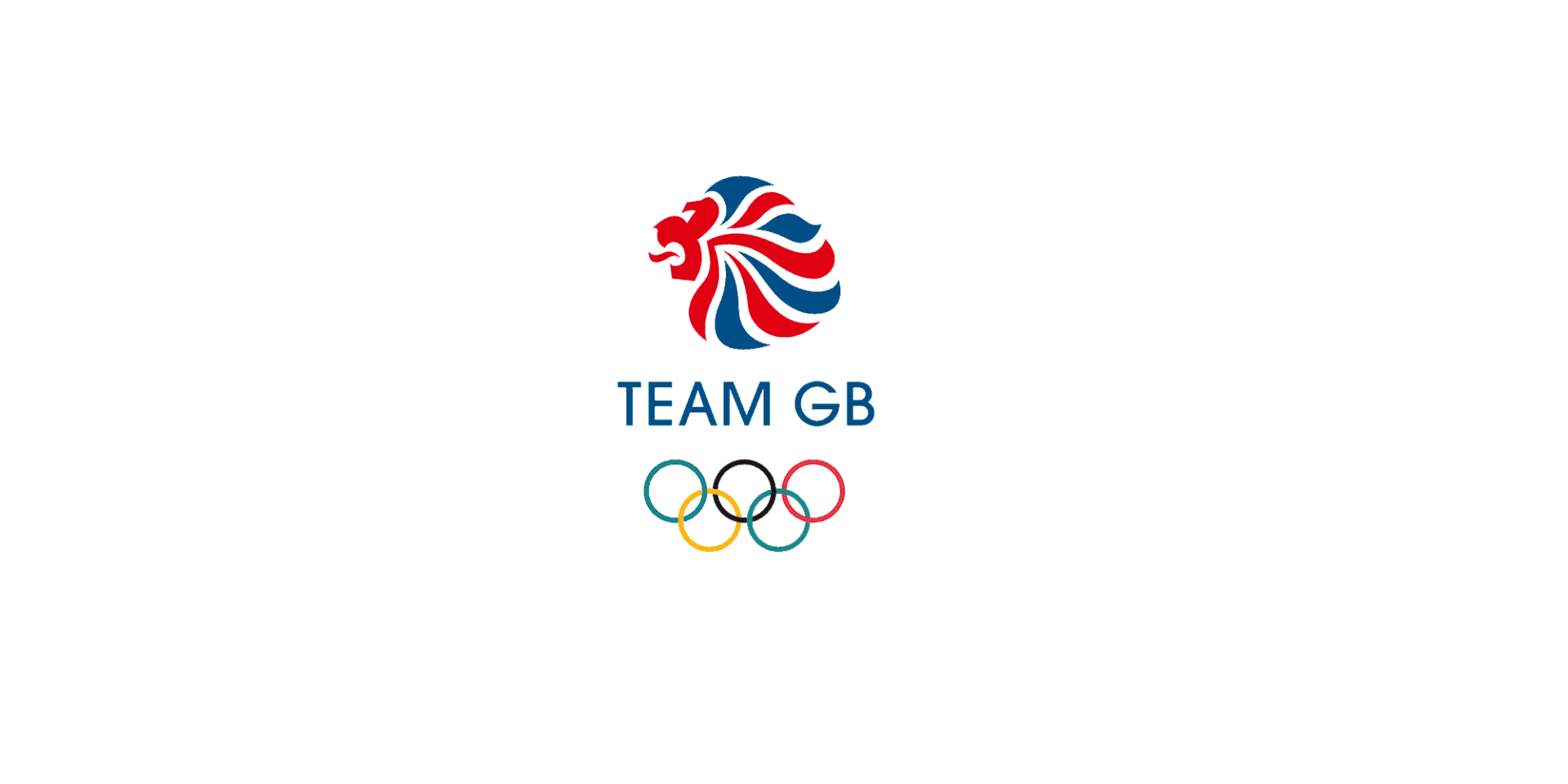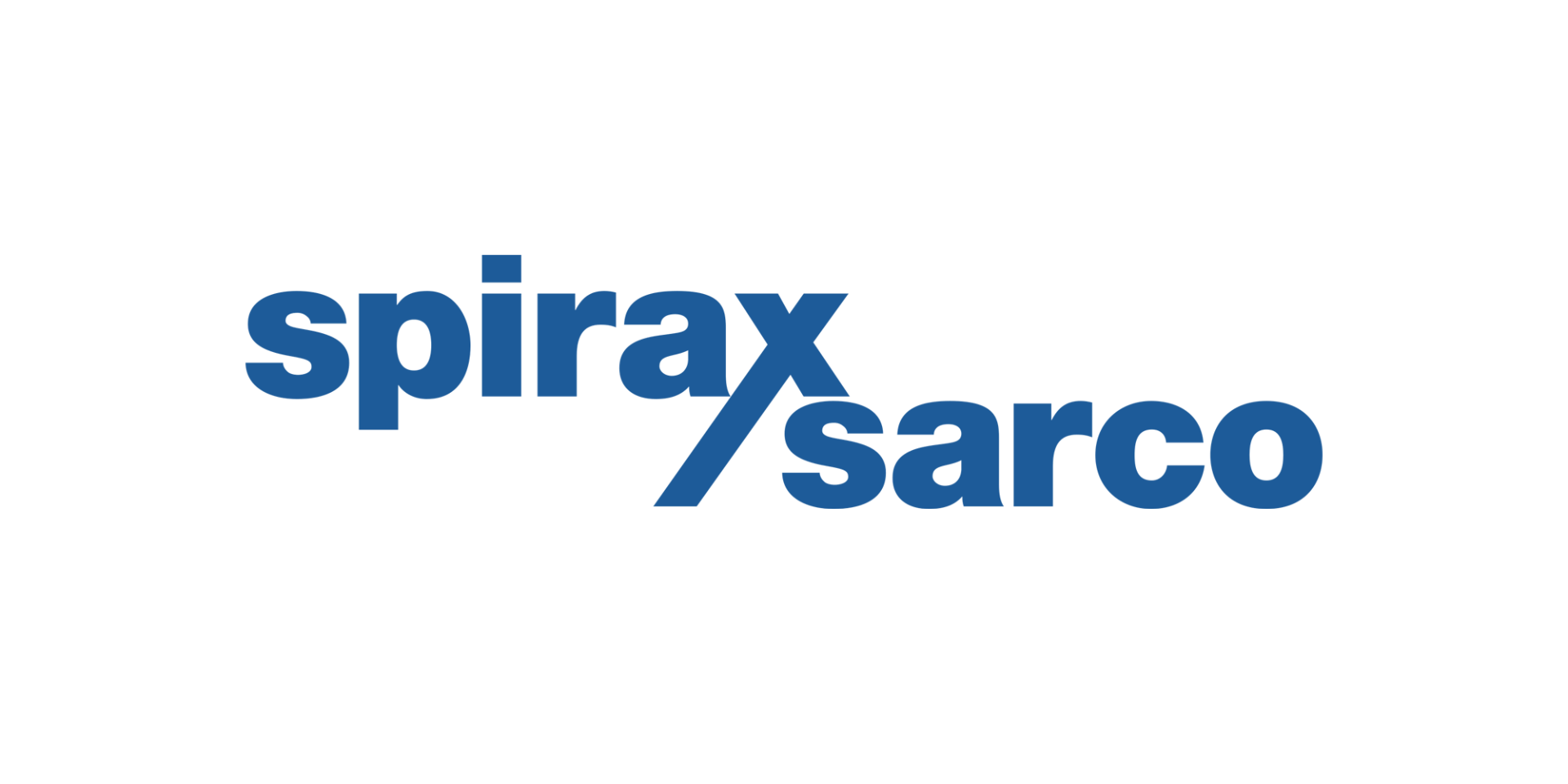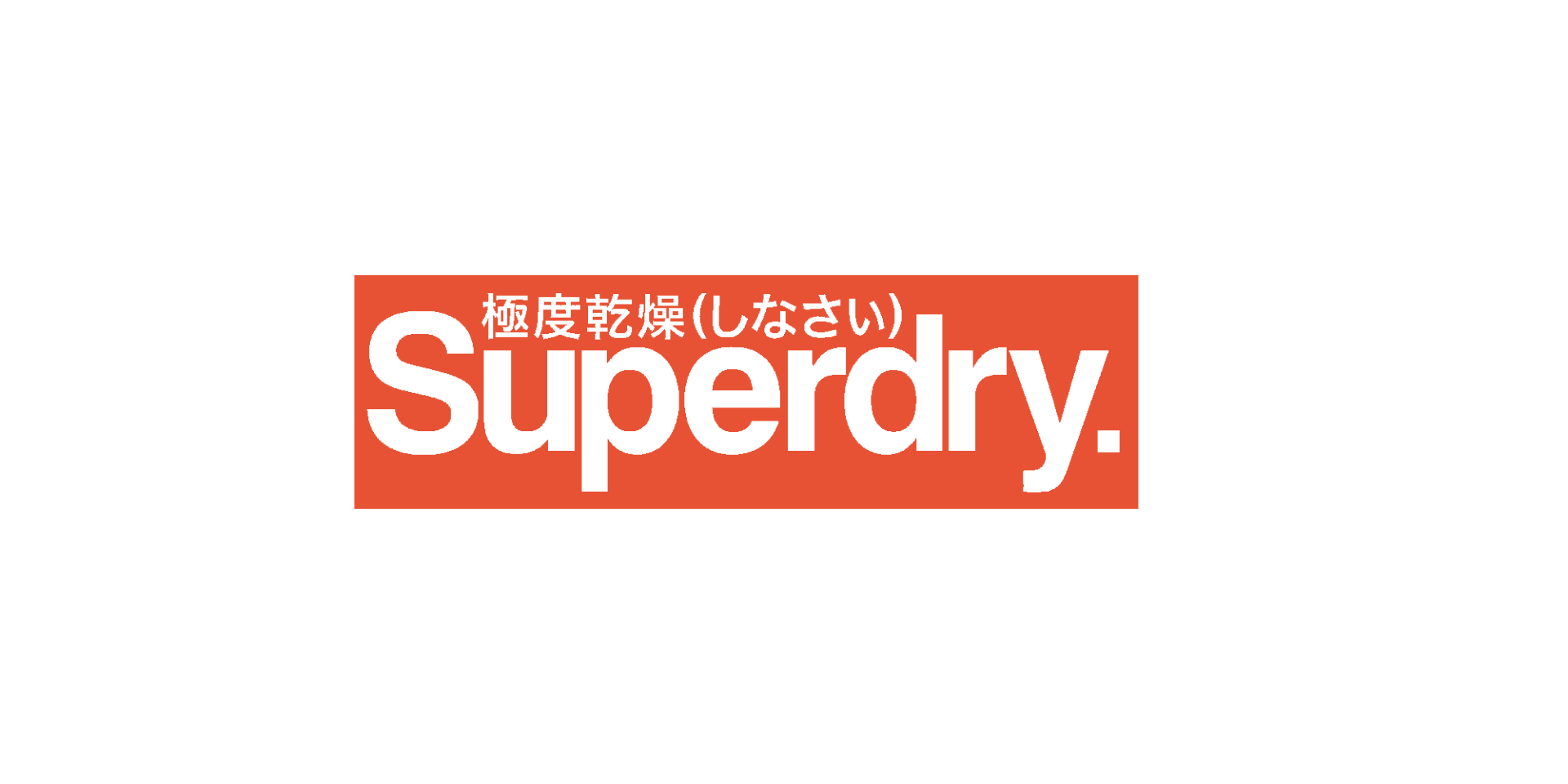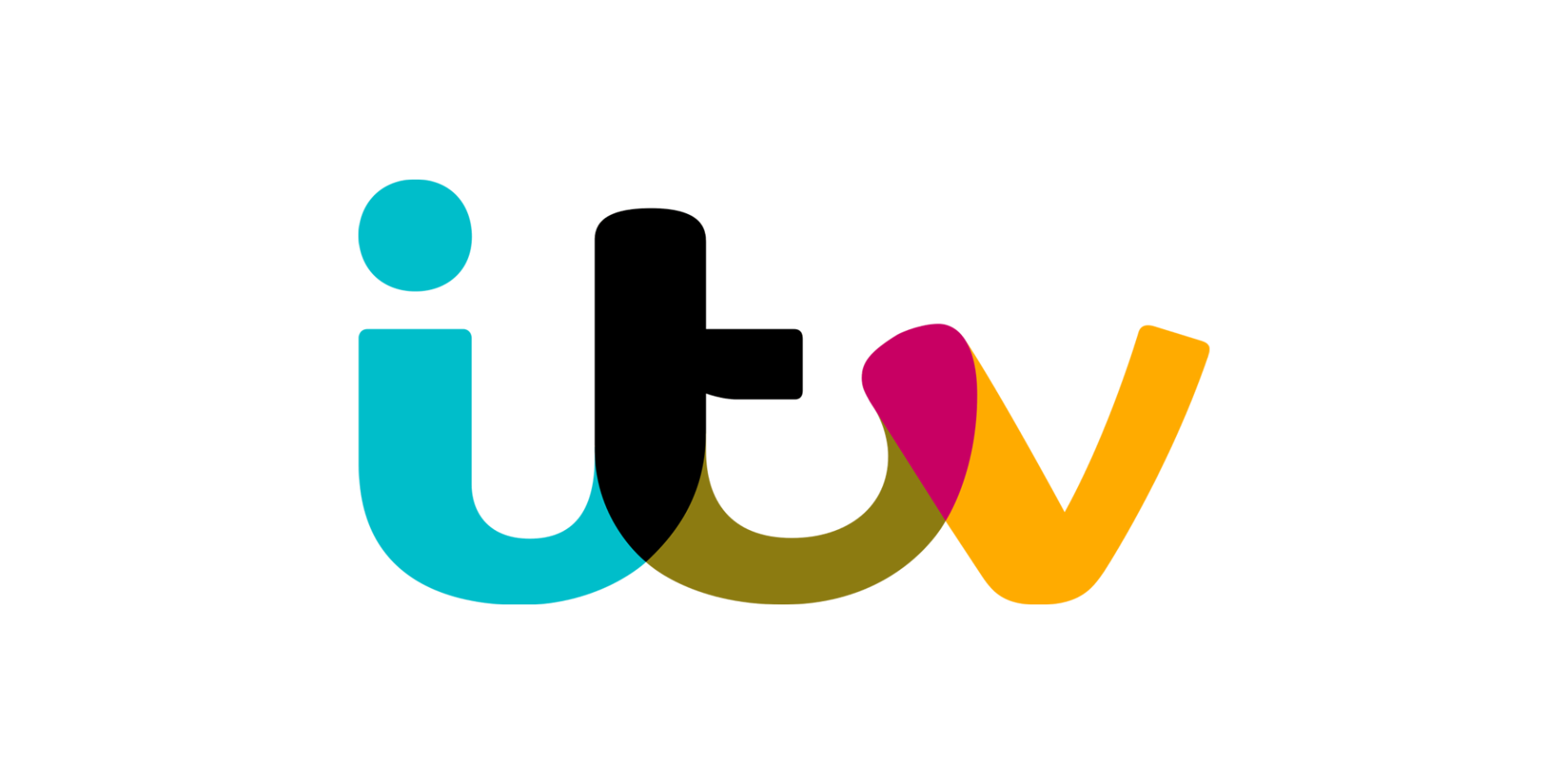Understanding Cholesterol and Its Components
Cholesterol is a fatty substance essential for the body's normal functioning, but imbalances can lead to serious health issues. HDL cholesterol, often referred to as "good" cholesterol, helps remove excess cholesterol from the bloodstream, reducing the risk of heart disease. Conversely, LDL cholesterol, or "bad" cholesterol, can accumulate in the walls of arteries, leading to atherosclerosis. A cholesterol blood test is a critical diagnostic tool that measures these components, along with total cholesterol, to assess cardiovascular risk.
The Importance of Triglycerides and Related Tests
In addition to cholesterol levels, triglycerides are another type of fat found in the blood that can impact heart health. A triglycerides test measures the level of these fats, providing further insight into metabolic health. High levels of triglycerides can increase the risk of heart disease, especially when combined with high LDL cholesterol and low HDL cholesterol. Regular monitoring through a comprehensive lipid panel, including total cholesterol and triglycerides, is essential for early detection and management of potential cardiovascular issues.
The Interplay of Hormones and Cholesterol
Hormones play a significant role in cholesterol metabolism and overall cardiovascular health. Oestrogen, for instance, is known to influence cholesterol levels by increasing HDL cholesterol and lowering LDL cholesterol. Changes in oestrogen levels, such as those occurring during menopause, can impact cholesterol balance and increase cardiovascular risk. Follicle Stimulating Hormone (FSH) and Human Chorionic Gonadotropin (HCG) are other hormones that, while primarily associated with reproductive health, can indirectly affect cholesterol metabolism and overall hormonal balance. Additionally, folate deficiency can contribute to elevated homocysteine levels, which is a risk factor for cardiovascular disease and can complicate cholesterol management.
Conclusion
Optimizing health content using keywords like "HDL cholesterol," "LDL cholesterol," "Cholesterol blood test," "Total Cholesterol," "triglycerides test," "folate deficiency," "oestrogen," "follicle stimulating hormone (FSH)," and "HCG" can attract a diverse audience seeking detailed information on cholesterol management and its broader health implications. By addressing the interconnectedness of cholesterol levels, triglycerides, and hormonal influences, you can provide comprehensive insights that help individuals maintain optimal cardiovascular health and overall well-being.

